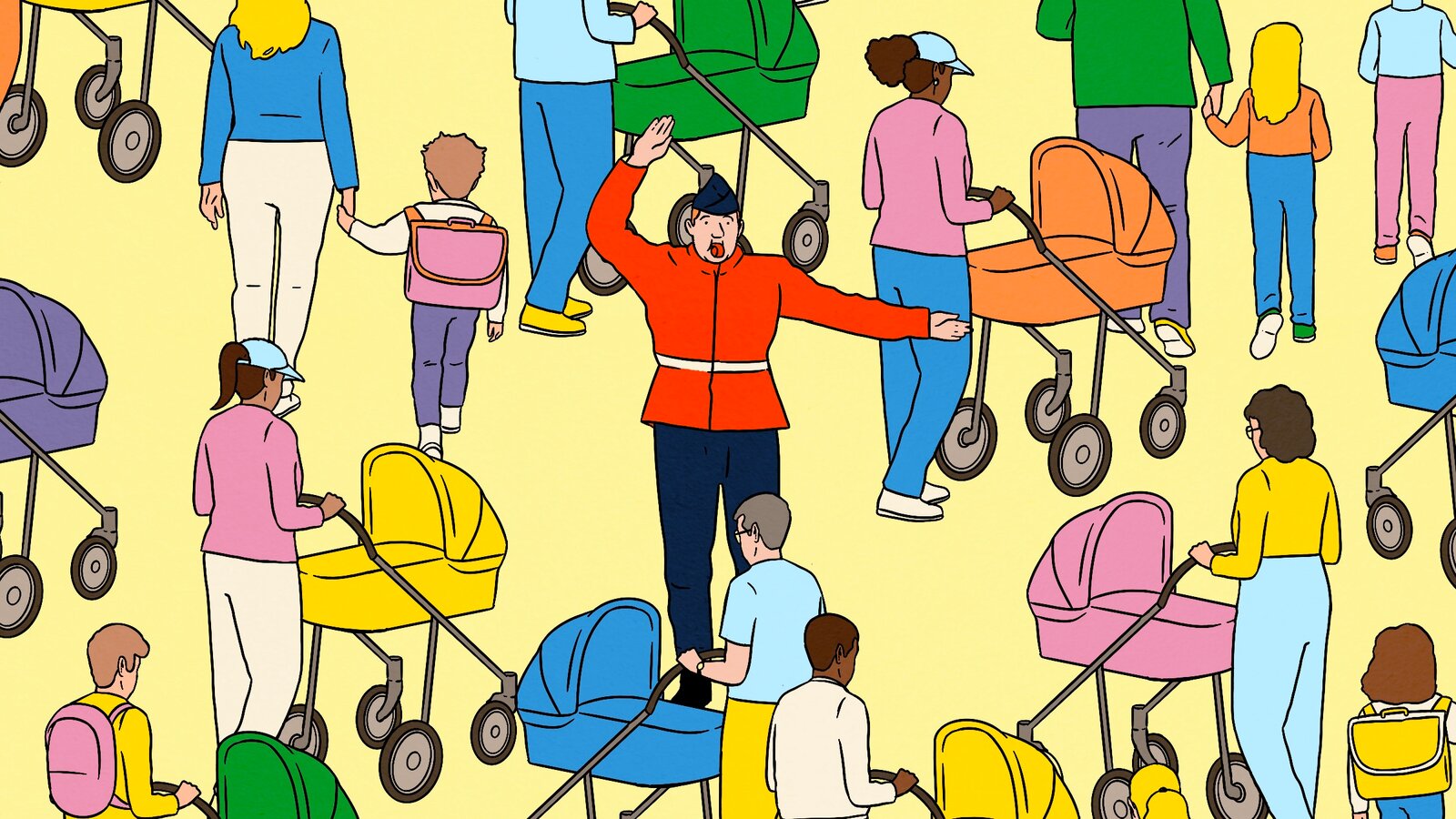By Jennifer Reich
Copyright nytimes

But collective investments make personal choice possible. High-quality food is possible because of public investment in food inspection and testing. Crosswalks and traffic rules, maintained and enforced collectively, make it possible for kids to walk safely to school. Vaccines are often taken for granted, and their widespread use has prevented countless miscarriages, serious illnesses and child deaths.
Take hepatitis B. It is spread through bodily fluids and can be transmitted through unprotected sex, making it seem like a vaccine for people whose behaviors place them at risk. But it can also be passed from mother to baby during childbirth or between people sharing personal items like toothbrushes and earrings. America previously limited the hepatitis B vaccine to groups it viewed as most likely to contract the virus, but that strategy proved unsuccessful, with one-third of affected people having no identifiable risk. The country moved to universal vaccination of infants in 1991 and virtually eliminated the disease in people under 18 years old.
Across all vaccine decisions, parents share the desire for healthy children and healthy communities. The real solution is better public investments and clearer information that can make parents feel confident in their choices. Instead, parents are left to figure out on their own whether the ingredients in their cleaning supplies are safe, whether their food supply can be trusted and now whether giving their child Tylenol is wise. Against that backdrop, deciding whether to vaccinate a healthy child against a hypothetical future risk feels increasingly high stakes, especially when official advice is so confusing.
Most parents choose to vaccinate their children. Yet the growing unease with vaccines reflects how many parents now feel they must trust their own judgment rather than expert advice that feels generic, impersonal or politicized. What leaders should be communicating is that while a healthy lifestyle and good parenting are important, they are not adequate protection against infectious disease. This was made tragically clear when one unvaccinated child died of measles this year while her siblings in the same house recovered.
The current administration is unlikely to offer clarity here. But other health leaders — including individual doctors, researchers and health care organizations — should. Americans have a long history of facing challenges together. Vaccine science, often paid for by the people for the people, is part of that story. Rather than leave parents to mitigate risks beyond their control, real leadership would remind us that we need one another to ensure all our children are safe and healthy.



